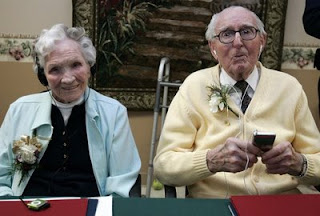Customer Loyalty And The Pareto Tyranny.

Customer loyalty is much prized and much misunderstood. The obsession with it is such that companies often confuse habit for loyalty. They see their healthy sales figures and believe they have loyal followers rather than habitual customers. They believe this right up until the point when a competitor disrupts their market and their "loyalists" suddenly jump ship. Last week, at an airline innovation forum, I also saw that this leads to customers misinterpreting loyalty. They were heavy users, they were anointed by loyalty schemes and they were not satisfied. They had a sense of entitlement derived from the belief that their perceived loyalty should be rewarded. But are they really loyal or are they merely conditioned by habit and the switching costs implicit in reward schemes? Haven't they essentially made their purchase decisions of their own volition? Haven't they decided that this was the best value available to them? Shouldn't that be enough? They've assign







